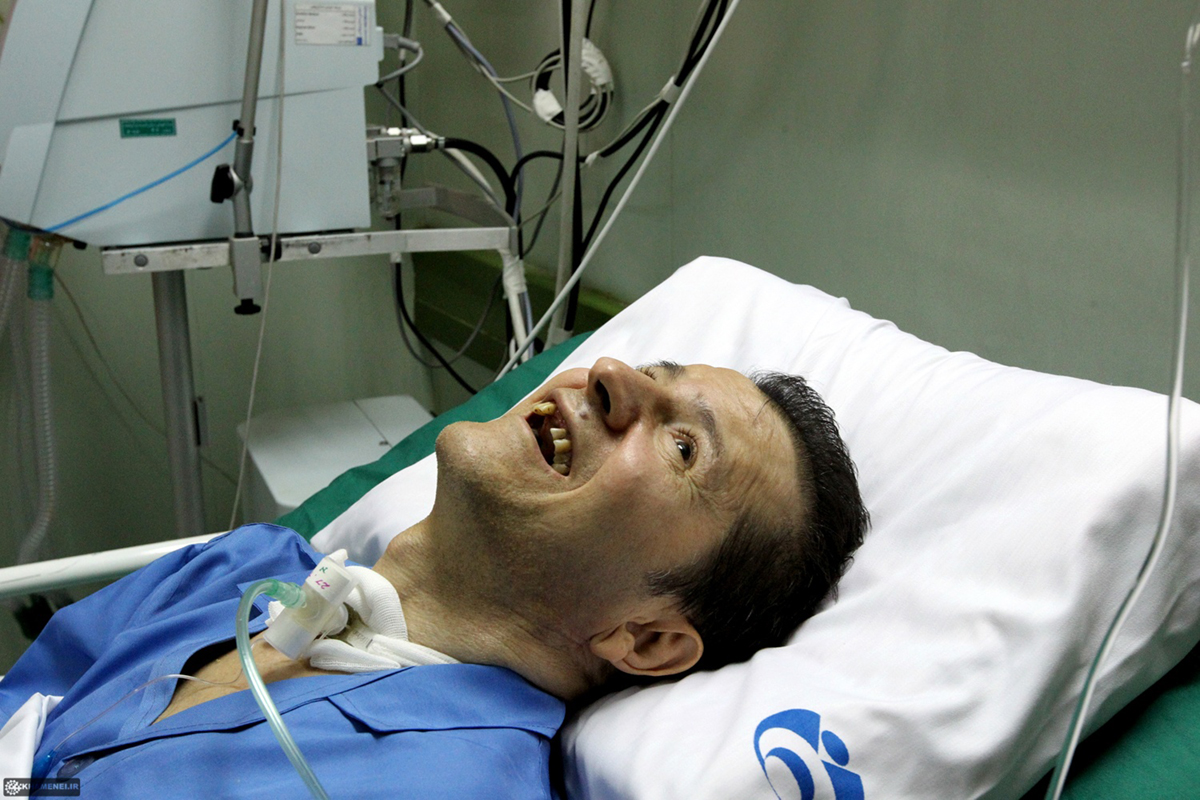
Diabetic Coma
This problem may take a life, so it is best to be prepared and know the sings of this problem. We will focus on this in the following text. Consciousness is lost when a diabetic has extremely low or high blood sugar level. When the patient has extremely high blood sugar level, this issue is called hyperglycemia, while extremely low blood sugar level is called hypoglycemia. These problems are associated with diabetic coma. The term diabetic coma refers to the coma induced by diabetes. It is a risk or fatal complication of this condition. The patients, when they suffer a diabetic come, will not be able to respond to sights, sounds, and other forms of stimulation. As we have mentioned, there are two types of problems available and when coma occurs, we have to determine whether the hypoglycemia or hyperglycemia has induced it. This is done with a glucose test, since the symptoms cannot display the difference.
Symptoms of Diabetic Coma
The early signs of hyperglycemia include breath shortness, dry mouth and excessive thirst, vomiting, nausea and frequent urination. When the coma is induced by the low level of blood sugar, the most commonly experienced problems include sweating, tiredness, and confusion, along with the feeling of irritation, nervousness and abnormal food curbing. These are the early sings of the diabetic coma. Now, we will move on the causes.
Causes of Diabetic Coma
Diabetes mellitus can induce diabetic ketoacidosis, which is a very serious and potentially fatal problem. It attacks the patients with diabetes type one more often, but it can occur among patients with type two diabetes. The fat stores are broken down when the body does not have enough of insulin. During this process, the acidic ketone bodies are created and this leads to diverse problems and issues. The diabetic ketoacidosis can grow in time and create a serious amount of damage. It is one of the biggest causes for diabetic coma.
Skipping meals or excessive use of insulin can trigger diabetic coma, too. It is common among those who exercise and drink alcohol. The symptoms will be severe if the blood sugar drops in few minutes, while they will be minimal if it drops in an hour. Diabetic hyperosmolar syndrome is also the cause of diabetic coma. This problem is associated with extremely high blood sugar level and it is mostly seen among those with type two diabetes. This problem creates syrupy and thick blood. The sugar enters the urine and produces great troubles. Dehydration follows and then the unconsciousness. We hope to have at least shed some light on this issue, and that it will help those who need this kind of help. Remember to always carry some sugar wherever you go.



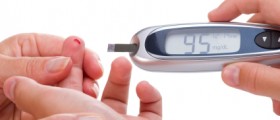

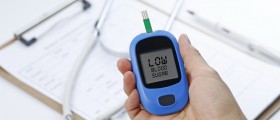
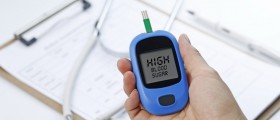



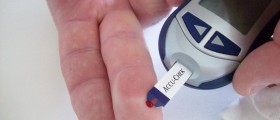






Your thoughts on this
Loading...